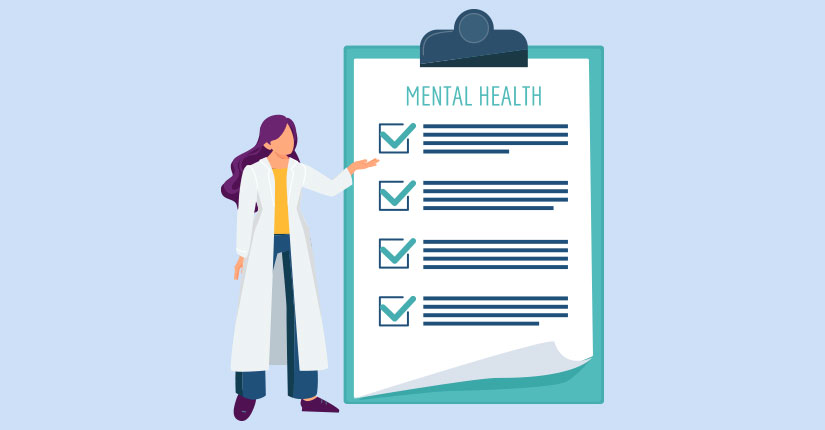How Can the Next Generation Reverse India’s Protein Decline?
By Nmami Life Editorial 31-Aug 2020 Reading Time: 6 Mins

Health and healthy human development form the integral components of the overall development of a nation. Measured with various indicators, India has seen considerable improvement in health status over time. However, there is still a long way to go especially shifting the paradigm from curative or palliative healthcare to preventive healthcare by working on the measures to stop the outcome of disease well before it occurs. When it comes to preventive healthcare on an individual level, factors like good nutrition, physical activity, stress management, and quality sleep play a major role. Nutrition lays down a strong foundation for the rest of the health factors to thrive.
The concept of food in India goes way beyond just fuelling the body as many traditions have been developed around food preparation and celebrating with it. One common trait is, however, over-emphasis on carbohydrates, saturated fats, high-sugar foods, and lack of protein consumption- both in terms of quantity and quality. A 2018 IPSOS study stated that 84% of Indian vegetarian and 65% of non-vegetarian diets are protein deficient. Similarly, a 2017 survey by Indian Market Research Bureau (IMRB) found that 73% of urban rich Indians are protein deficient and 93% are unaware of their daily protein requirements.
Protein Paradox– a 2020 study by Right To Protein, aims to understand and identify the practical challenges that pose as a barrier to protein consumption in India, including common myths and practices about protein. The study points towards the urgent need for driving interventions to nudge a behavioural change in the consumer mindset towards protein to bridge the protein deficiency gap.
Here’s how the next generation can take positive steps towards reversing the protein decline in Indian diet:
- Awareness: Nearly 81% of the surveyed mothers in the Protein Paradox Study wrongly believed that the regular Indian diet of dal, roti, and rice is enough to fulfil daily protein requirements. Therefore, first, step to bridge the gap is all about being aware of the protein requirements. An average adult requires 0.8 to 1 grams of protein per kilograms of body weight, every day. This may somewhat vary depending on one’s medical status, physical activity levels, and lifestyle. Indians need to realize that while carbohydrates are essential and can make up for the bulk part of the diet, protein shouldn’t be overlooked too.
- Knowing the Variants: Meeting your daily protein needs can be easily achieved by eating a variety of natural protein-rich foods. Each protein source holds a different profile in terms of the composition of amino acids and their proportions. Keep varying your protein sources with every meal, especially the plant protein. This will help your body pool in the nine essential amino acids (building blocks of protein) as per the daily requirement. Additional revelation while conducting the survey was: mothers could only identify 3 out of 11 foods that are rich in protein. Apart from lean meat, eggs, and dairy, protein can be obtained from legumes,lentils, beans, peas, peanuts, nuts like almonds, pistachios, cashews, walnuts, hazelnuts, pecans, hemp seeds, squash and pumpkin seeds, sunflower seeds, flax seeds, sesame seed, chia seeds, whole grains like wheat, quinoa, rice, millet, oats, and buckwheat.
- Protein with Every Major Meal: Make healthy protein an accompaniment with every meal for better satiety, muscle development, blood sugar control, metabolism, and better weight management. Aim to fill at least a quarter of your plate with high-quality protein sources.
- Cheap/Affordable sources of Protein: A prevalent myth is that quality protein foods are expensive, leading to ignoring protein from their food expense budget. Not all quality protein food sources are expensive! Plant-based protein sources like pulses, legumes, nuts, and soy are affordable and quality protein sources. Peanut butter, amaranth, sunflower seeds, pumpkin seeds, yogurt, are other affordable and quality sources too. Eggs may also fall into this category being affordable, widely available, and high-value protein sources.
- Your body needs protein for many vital functions and it cannot store protein in any form, which means you need to fulfil the recommended protein requirements every day to match the needs and bridge the protein gap in longer run.

















